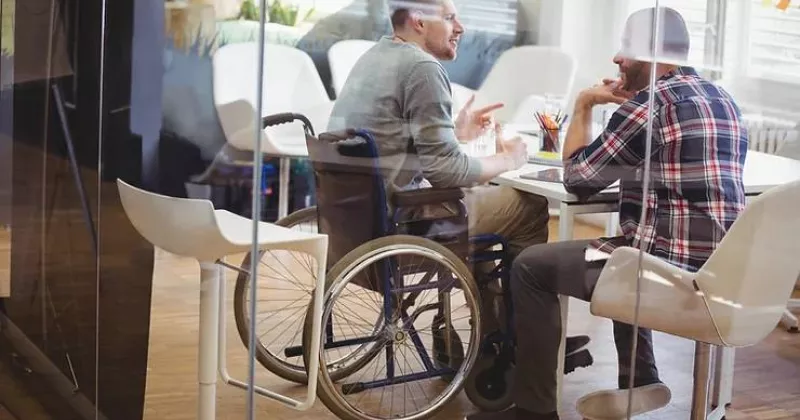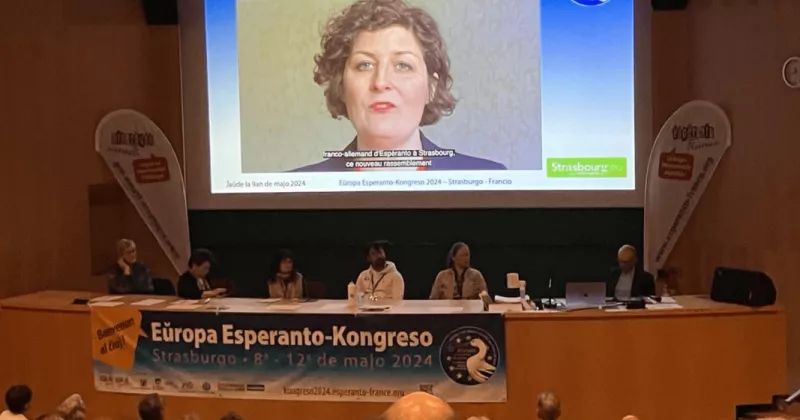Artificial Intelligence Competence Needs for Youth Workers

The rapid developments in AI technology and the rise of accessible AI-powered tools are transforming the way we live, work and learn. While young people have already warmly embraced these solutions, with Gen Z being the most active users and experimenters of Generative AI (Microsoft, 2024), there is a sense of confusion and fear among youth workers about the future of how AI tools are going to be used in the youth sector, mixed with diverse emotions and viewpoints ranging from apprehension, scepticism, resistance to feelings of enthusiasm and recognition of the significance of AI's role in the field (Pawluczuk, 2023).
This study aims to advance knowledge on the specific competencies required by youth workers to effectively integrate AI into their professional activities, as well as picture the current and potential use of AI for youth professionals.
The publication is part of the Artificial Intelligence for Youth Work (AI4YouthWork)project, a pioneering initiative under the Erasmus+ programme, co-funded by the European Union, dedicated to enhancing the youth sector across Europe through the integration of artificial intelligence (AI). The project unites four organisations - Lascò from Italy, Team 4 Excellence from Romania, Kyttaro Enallaktikon Anazitiseon Neon from Greece, and Contextos from Portugal -, aspiring to contribute to increasing youth professionals' capacity to harness AI's potential to enhance the quality, attractiveness and effectiveness of their work, and prepare young people to thrive in AI-powered environments.
Chapter 1 introduces the project, highlighting the steps and methodological approaches to achieving the main objectives and the expected results.
Chapter 2, dedicated to the research methodology, outlines the approach and techniques used to conduct this study. It includes the research design, data collection methods through systematic review, focus groups and interviews, data analysis procedures, as well as limitations and criteria for ensuring the validity and reliability of the findings.
Chapter 3 presents the results of the desk research conducted by the consortium partners to explore the intersections of artificial intelligence, youth and youth work. The chapter is divided into four main sections, addressing an introduction to AI, the impact of AI on youth, the role of youth workers in the AI revolution, and practical applications of AI in youth work settings.
Chapter 4 outlines the needs, challenges, and tasks involved in integrating AI into youth work, presenting the results of focus group discussions which have been conducted in each partner country.
Chapter 5 sets out the publication's conclusions, formulating recommendations for the development of an AI Competence Framework for Youth Workers, and enhancing the capacity of youth professionals to harness AI in their work.
| Lanzetta, M., Abbruzzese, G., ACOMI, O., Acomi, N., Machado, J., & Maravelaki, S. A. (2024). Artificial Intelligence Competence Needs for Youth Workers. Zenodo. https://doi.org/10.5281/zenodo.11525357 |




